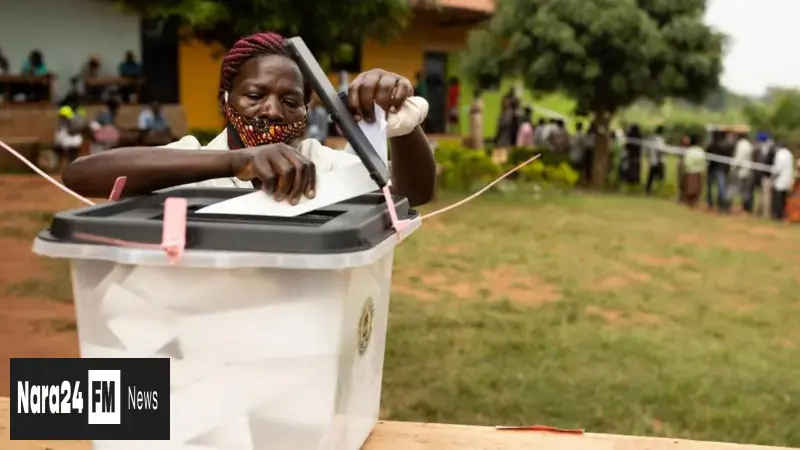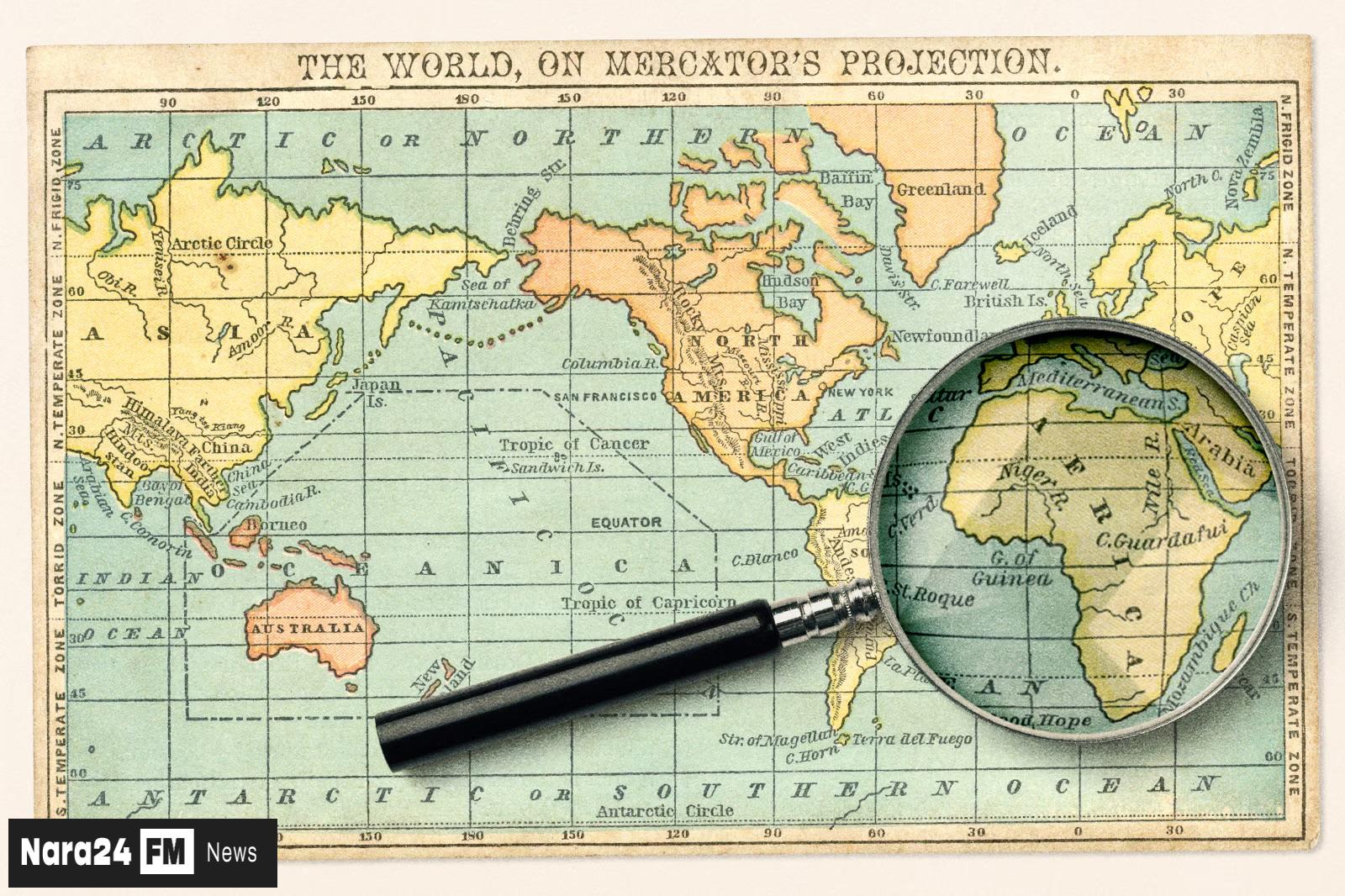In This Article
- Museveni Hosts Family of Late Rebel Leader
- Eregu's Legacy and Family Struggles
- Government Support and Commitments
- Broader Implications for National Reconciliation
Key Takeaways
- President Museveni hosted the family of late rebel leader Francis 'Hitler' Eregu in a symbolic act of national reconciliation.
- Museveni pledged to support Eregu's family by building a permanent residence, rental units, and funding a poultry enterprise.
- The meeting highlighted the socio-economic struggles Eregu's family faced after his death, including poverty and stigmatization.
- Museveni framed the outreach as part of broader efforts to reconcile Uganda's fractured history and foster unity.
- The initiative aligns with Museveni's legacy-building strategy, focusing on peace and reintegration of former adversaries.
In a landmark act symbolic of national healing, Ugandan President Yoweri Museveni hosted relatives of the late insurgent leader Francis 'Hitler' Eregu at State House Entebbe. This meeting, occurring over three decades after Eregu's death in combat against government forces, represented an unprecedented gesture towards reconciliation with figures from Uganda's turbulent past.
Eregu commanded the Uganda People's Army (UPA), a faction that waged a fierce rebellion across Eastern and Northern Uganda between 1986 and 1994, challenging the nascent National Resistance Army (NRA) government under Museveni. His demise during the conflict solidified his status as a controversial figure in the nation's history.
"Had he lived, Eregu could have potentially served Uganda positively, as have others who previously opposed us," President Museveni stated during the emotionally charged gathering. Expressing regret over the rebel leader's demise, he pledged steadfast support: "It is unfortunate he perished during the struggle. In his memory, however, I commit to standing by his family."
The delegation included Eregu's 102-year-old mother, Angela Aero, his widows Joyce Ajiko and Aisha Namutebi, alongside multiple children and siblings. For years, the family endured significant hardship and poverty following Eregu's death, facing stigmatization and a lack of basic resources.
Selen Ebwangu Enabu, Eregu's brother, voiced the family's plight: "Suffering defined our existence. His death left us destitute – landless, homeless, and unsupported. Survival became an immense daily challenge."
Their situation was brought to government attention through the intervention of Calvin Echodu, an aspiring regional political leader within the ruling National Resistance Movement (NRM). Echodu had already initiated support by constructing a modest dwelling for the elderly mother and providing financial aid. He escalated the matter to officials including Kenneth Omona, Minister for Northern Uganda, and Augustine Otuko, the President’s Private Secretary for Political Affairs, culminating in the State House meeting.
Deeply affected by their narrative, President Museveni made concrete commitments: constructing a permanent family residence, establishing rental units to generate sustainable income for the widows, and funding a collective poultry enterprise for Eregu's children. Among them is Jude Engulu, 33, a farmer forced to abandon his education after Senior Four due to financial constraints. "My only desire is to work diligently and honor my father's memory," Engulu expressed emotionally, highlighting that the President's actions signified vital recognition beyond material aid.
Museveni further declared support for Eregu's wider clan, framing this outreach as integral to reconciling Uganda's fractured history. "Assisting Eregu's kin transcends mere charity," he emphasized. "It acknowledges that our past, however painful, should not shackle our future. This is about forging unity from division."
The UPA, primarily composed of former Uganda National Liberation Army personnel and local fighters from Teso and Lango regions, exploited regional grievances regarding disarmament and political exclusion after Milton Obote's rule. Its formidable resistance inflicted deep scars on communities, the aftermath of which lingers today.
By engaging with the Eregu family, Museveni implicitly recognizes the enduring socio-economic burden of conflict, extending far beyond battlefield casualties. This initiative aligns with his broader, recent endeavors to engage former adversaries and reintegrate rebel groups, widely interpreted as part of a legacy-building strategy during his prolonged tenure.
"Political calculations are secondary now," an aide privy to the meeting noted. "This concerns legacy. This concerns fostering enduring peace." For a family burdened by decades of marginalization, the State House visit marks a profound shift – offering not only prospects for economic stability but also public acknowledgment of their suffering and the potential dawn of collective healing. The encounter ultimately highlighted not Eregu's rebel past, but the resilience of his descendants, suggesting that reconciliation can emerge even from Uganda's bitterest conflicts.








Comments (0)
Leave a Comment
Be the first to comment on this article!